This article first appeared in the UConn Business magazine, Volume 4, Issue 2 (Spring 2014)
No one can dispute the vital role that doctors, nurses and other medical specialists play in the functioning of a hospital.
But insiders know that the reliability of the transportation team—that takes people to the operating room, the birthing center, or to their waiting cars—is also vital to a hospital’s success.
At Middlesex Hospital, the transport team has increased its case load from 500- to 1,400- trips per week, not by adding staff but by creating efficiencies, according to Gary Havican, vice president of operations.
“That’s one of the changes that has helped us decrease the average patient length-of-stay by one day,” said Havican. And that’s making everyone happy—from patients to physicians to health insurers.
Middlesex is always looking for ways to improve customer service and efficiency, and to that end Havican enrolled in a two-day, Hands-On Lean Business Process Improvement workshop at UConn’s Graduate Business Learning Center in downtown Hartford.
Some 15 participants from various industries, including healthcare, insurance/financial services, creative services and higher education, took part in the inaugural “open enrollment” Lean Business seminar offered by the business school’s Executive Education program.
“Lean Business Processing is particularly important for Connecticut companies where the cost of doing business is one of the highest in the country,” said Colleen McGuire, director of UConn’s School of Business in Hartford.
Once the domain primarily of manufacturing companies, the Lean concept is growing in popularity among other sectors eager to streamline business processes, reduce waste and improve customer satisfaction.
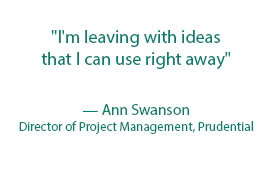
Companies today are facing enormous challenges as they fight to remain competitive and survive, said David A. Burn, Ph.D., an adjunct instructor at UConn who taught the course. The workshop gave participants a “road map” and simple tools to improve business processes by eliminating waste and improving services to enhance value for customers and stakeholders, said Burn, who also works as chief statistician and Six Sigma Fellow in corporate operations with Boston Scientific Corporation.
“We aren’t offering any one-size-fits-all solutions,” he said. “But this is a guide that does work.”
Ann Swanson, director of project management at Prudential, attended the program with three colleagues. “I enjoyed this course because it was hands-on,” she said. “I’m leaving with ideas that I can use right away.”
Swanson said she enjoyed an exercise in which the participants were required to organize a radiology department and were presented with confusing and incomplete information.
“I think that’s typical of what happens in companies when tasks become ‘siloed’,” she said. One of the important messages that Burn emphasized was that employees need to share knowledge and not rely solely on one specialist to address a particular issue.
Peggy Thomsen, business analysis manager for CIGNA, said the class was very helpful. Managing her company’s IT department is like running a small business, she said. She is returning to the insurance giant with new techniques to improve consistency across all areas of the department.
Alicia Huckle, director of financial services for UConn’s West Hartford campus, said she’s eager to try new ideas that will improve work flow. “We all want the same thing, which is a better experience for our students,” she added.
“This is something any business can use,” said Vikki Hampton, assistant director of loan programs in the Office of Student Financial Aid Services at UConn in Storrs. “Across many industries, people are looking to do more with less.”
The School of Business plans to offer the Lean Business program again in the fall, as well as other short-term classes, including Finance for Non-financial Managers, to meet the needs of the business community.
For more information on Executive Education courses or customized programs, please see our website at execed.business.uconn.edu or call 860-728-2400.
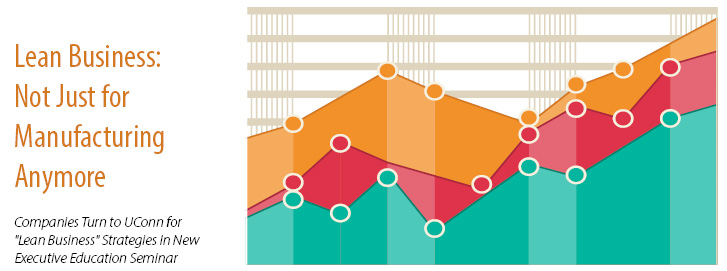
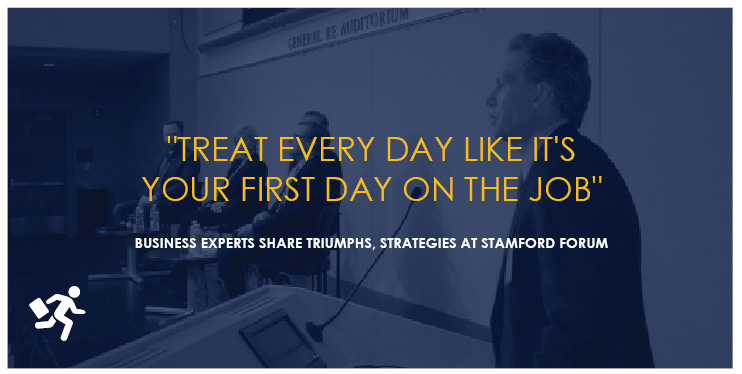
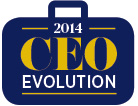 When a teenage boy asked if he could buy a World Wrestling Entertainment t-shirt, then-CEO Linda McMahon came up with a quick response.
When a teenage boy asked if he could buy a World Wrestling Entertainment t-shirt, then-CEO Linda McMahon came up with a quick response.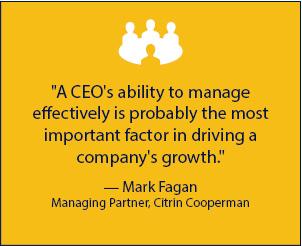 Co-sponsored by the UConn School of Business; Citrin Cooperman, an accounting, tax and consulting firm with an office in Norwalk; and the Fairfield County Business Journal, the CEO Evolution program was held on the Stamford campus in January.
Co-sponsored by the UConn School of Business; Citrin Cooperman, an accounting, tax and consulting firm with an office in Norwalk; and the Fairfield County Business Journal, the CEO Evolution program was held on the Stamford campus in January.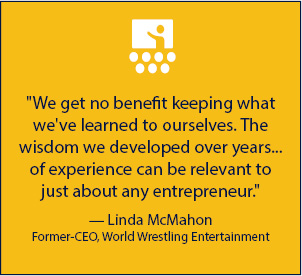
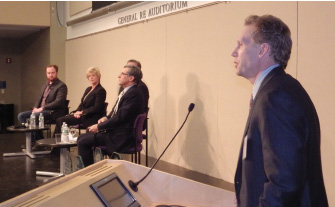
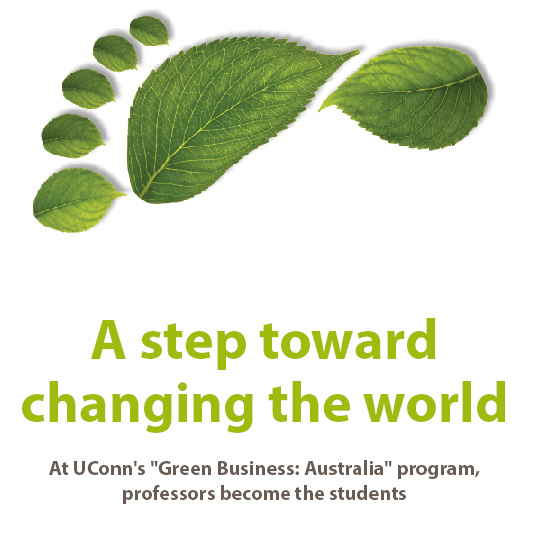

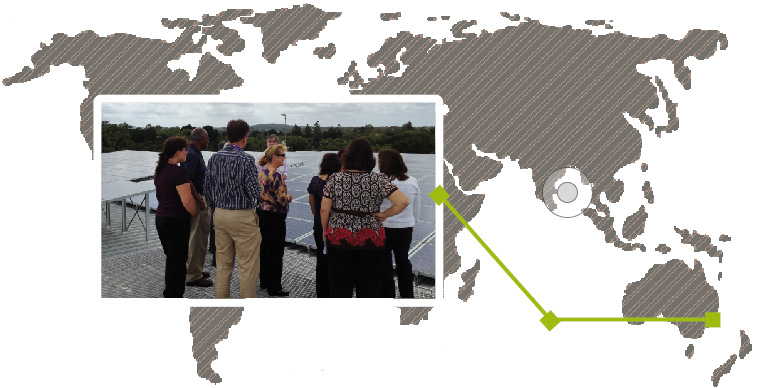
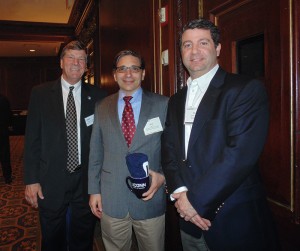

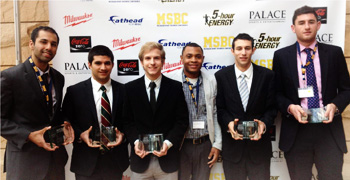
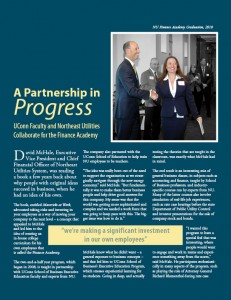 UConn Faculty and Northeast Utilities Collaborate for the Finance Academy
UConn Faculty and Northeast Utilities Collaborate for the Finance Academy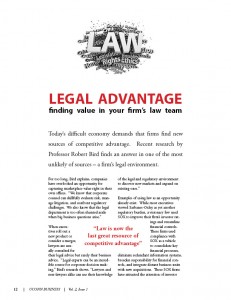 Finding value in your firm’s law team
Finding value in your firm’s law team